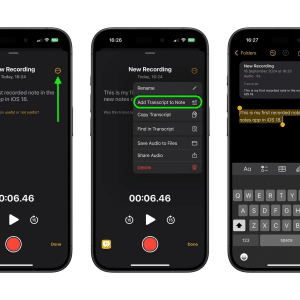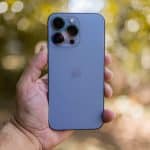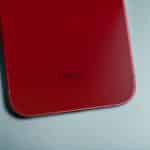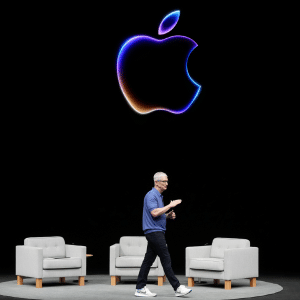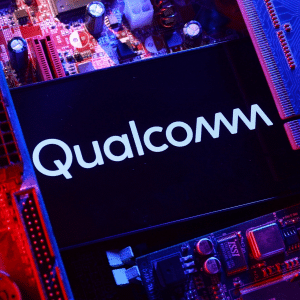Turns out that for Apple Inc., being one of the most innovative companies on the planet does have at least one big drawback.
The Cupertino, Calif., company says it is the No. 1 target for so-called patent trolls.
In court and regulatory filings, Apple provided a rare look at the amount of litigation it is facing from companies whose main business involves threatening to file patent lawsuits against other companies unless they agree to make royalty payments. Apple has faced nearly 100 such lawsuits in the last three years, according to the documents.
Known as Patent Assertion Entities, or PAEs, these firms have been singled out by the technology industry for their role in the escalating number of lawsuits that, the industry argues, are hurting innovation.
Apple made the filings as part of a broader push by the tech industry to enact new rules that would deter many of the cases. But that Apple, which hasn’t been shy about filing its own patent litigation, is pressing for change by disclosing details of its own situation could give those efforts a serious boost.
“Given that Apple is a very innovative company that has been aggressively enforcing its own patents, I think it is significant that the company sees patent litigation overall as a problem for innovation,” said Mark Lemley, a Stanford University law professor.
The disclosures by Apple came in two friend-of-the-court briefs recently filed in separate cases pending before the U.S. Supreme Court and a December letter to the Federal Trade Commission.
“PAEs do not invent, manufacture or sell any product,” one Apple brief says. “Many of them do nothing more than acquire vague patents, and then use litigation or the threat of litigation to negotiate royalties that are far larger than what the patents warrant.”
Apple and its attorneys did not respond to a request for comment.
Apple has become aggressive in recent years in filing lawsuits that protect its own patents. Apple did not disclose how many of its own lawsuits it had filed. Most notably, it has waged a global legal battle against rival Samsung Electronics Co., which, Apple argues, copied the design of the iPhone.
Although Apple argues there are legitimate reasons for companies that actually make products to litigate over patents, PAEs are another story. PAEs exist, Apple says, simply to drain profit from innovative firms.
In its letter to the FTC, dated Dec. 16, Apple said that there were 250 PAEs in existence and that in 2013, 43% of defendants in patent cases were sued by PAEs, up from 17% in 2008.
Apple had been sued 92 times by PAEs in the last three years, according to the letter. In the Supreme Court briefs, Apple said it had so far resolved 57 of those cases. In 51 cases, Apple said, it chose to settle to avoid legal costs even though it believed it had not infringed any patents. In the other six cases, the suing party either lost or dropped the suit.
Apple said it still faces 228 patent assertion cases that have not been resolved.
“Victory figures as small consolation because in every one of these cases, Apple has been forced to bear its legal fees,” its attorneys wrote. “This reality is the lifeblood of the patent assertion industry, because the threat of fees often forces an undeserved settlement.”
These lawsuits don’t capture the full extent of the problem, Apple argues. For every case that goes to court, the company said it receives 12 or more letters making claims and asking Apple to pay royalties of some kind. It said it gets so many such letters, it employs two attorneys full time to do nothing but review them.
“PAEs have become a drag on technological innovation, inflicting billions of dollars in deadweight losses every year,” one Apple brief says.
A coalition of tech firms, which included Netflix Inc., Facebook Inc., LinkedIn Corp. and Google Inc., filed similar briefs in the cases. Those briefs did not divulge details of the patent litigation facing those companies.
The goal of the briefs and the FTC letter are to make the case for new rules. Apple and other tech companies are hoping a favorable Supreme Court ruling will make it easier for them to collect attorney fees from PAEs that lose in court.
“It’s very difficult to defend against these kinds of claims,” said Darryl Woo, a patent litigation attorney at Fenwick & West. “A lot of these efforts are aimed at restoring the balance and make it harder for the plaintiff to start the case.”
Congress is considering similar changes. The House approved a bill in December that would make it easier for a judge to award legal fees to the winners of patent lawsuits. A similar version of the bill is pending in the Senate.
Such efforts also got a nudge from President Obama. Although Obama signed patent reform legislation three years ago, he said more needed to be done to curb costly litigation.
Los Angeles Times


